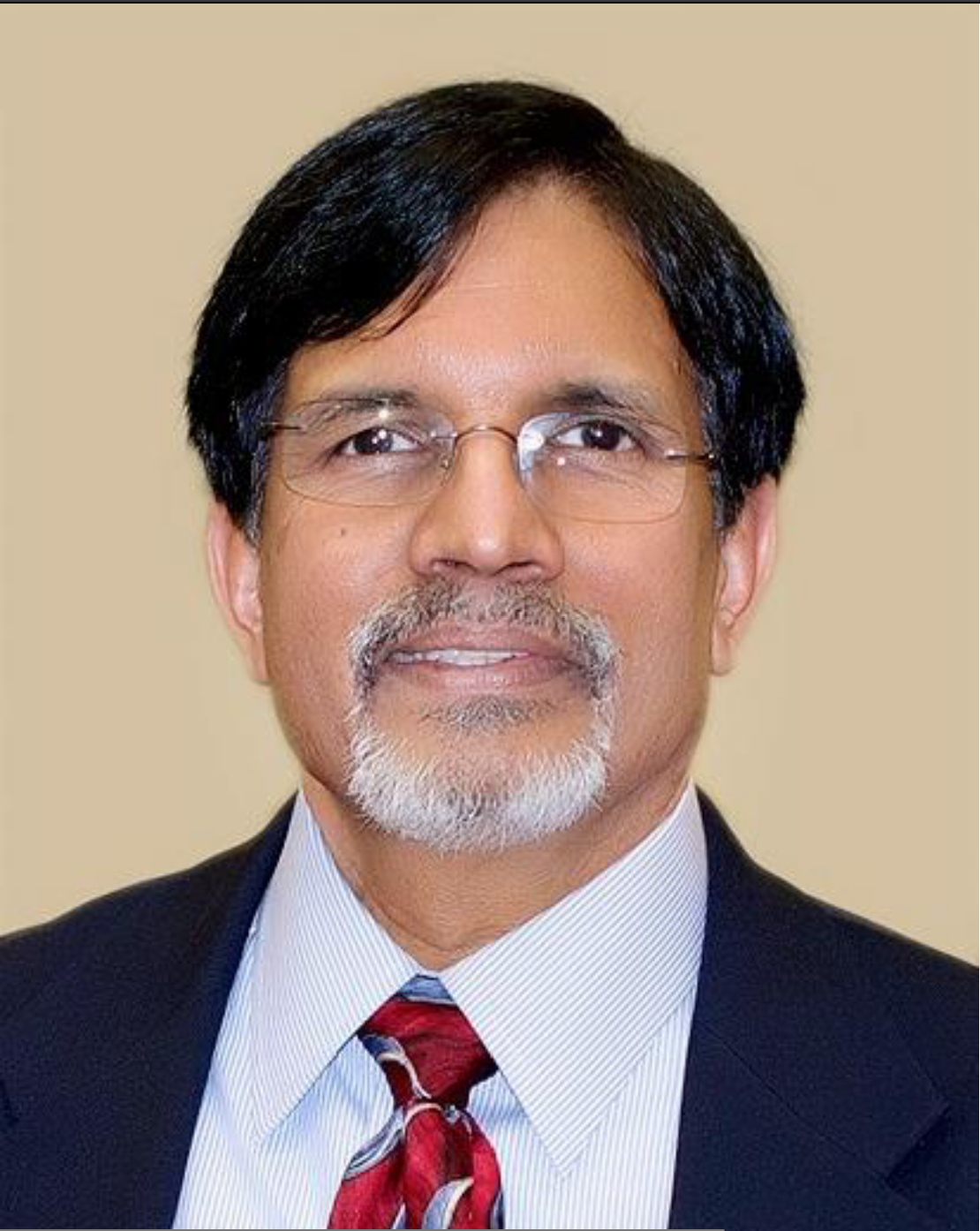Registration is closed for the event requested
IEEE CTS LMAG & CTCN 9.19.2024 meeting - System and Platform Debug using USB Type-C Connector
#USB;
#USBC;
#systemdebug;
#platformdebug;
#closed_chassis_debug;
#VLSI_testing
#consultants
#networking
This is a hybrid in person and Zoom meeting starting at 6 PM Central Std. Time.
System and platform debug is extremely important to launch products quickly, to avoid undue delays in production, for faster customer product introduction, for in-field debug, etc. Traditional debug techniques using open-chassis are useful for system debug, but removing the chips from the platform takes an unacceptable amount of time in today's competitive environment. The availability of USB Type-C connectors on most computer platforms opens up an entirely new platform debug method called closed-chassis debug. This new type of debug eliminates the need to open up the platform.
Closed-Chassis Platform Debug using an available functional receptacle, such as USB Type-C, on a final form factor device is now highly important for Hardware, Software and Firmware debug. The wide acceptance of the Type-C receptacle by most OEMs/ODMs, makes this connector/receptacle the optimum interface for debug purposes. This presentation starts by introducing traditional debug techniques, then gives details on the history of USB and how USB evolved to the Type-C connector. It then goes covers new system and platform debug techniques including open and closed-chassis debug using the ubiquitous USB Type-C connector.
Date and Time
Location
Hosts
Registration
-
 Add Event to Calendar
Add Event to Calendar
Loading virtual attendance info...
- 8401 Cameron Rd.
- Austin, Texas
- United States 78754
- Building: Asian American Resource Center
- Room Number: 8
Speakers
Sankaran Menon
Topic:
System and Platform Debug using the Ubiquitous USB Type-C Connector
System and platform debug is extremely important to launch products quickly, to avoid undue delays in production, for faster customer product introduction, for in-field debug, etc. Traditional debug techniques using open-chassis are useful for system debug, but removing the chips from the platform takes an unacceptable amount of time in today's competitive environment. The availability of USB Type-C connectors on most computer platforms opens up an entirely new platform debug method called closed-chassis debug. This new type of debug eliminates the need to open up the platform.
Closed-Chassis Platform Debug using an available functional receptacle, such as USB Type-C, on a final form factor device is now highly important for Hardware, Software and Firmware debug. The wide acceptance of the Type-C receptacle by most OEMs/ODMs, makes this connector/receptacle the optimum interface for debug purposes. This presentation starts by introducing traditional debug techniques, then gives details on the history of USB and how USB evolved to the Type-C connector. It then goes covers new system and platform debug techniques including open and closed-chassis debug using the ubiquitous USB Type-C connector.
Biography:
Dr. Sankaran Menon has been working in the semiconductor area for over three and half decades.
After completing his advanced degrees from Colorado State University in Fort Collins, CO, he served
After completing his advanced degrees from Colorado State University in Fort Collins, CO, he served
as Assistant Professor in the Dept. of Electrical and Computer Engineering at the South Dakota
School of Mines Technology in Rapid City, South Dakota. After working and publishing in the area
of VLSI Testing, he made a switch to the Industry by joining Texas Instruments in Dallas, Texas
where he worked on DFT on ASICs. He then joined Intel in Austin and worked for over 25+ years
as DFT Architect on Xscale SoCs as well as Atom/Big-Core SOCs and FPGA/Structured ASICs.
Sankaran Menon is a Senior Member of IEEE and is chair of many IEEE conferences/ workshops
and has been granted over 34+ patents and has filed over 80+ patent filings. He has published
over 100+ publications and has been a significant contributor to several Standards/Workgroups,
such as IEEE 1500, IEEE 1149.1, IEEE 1149.7, MIPI Debug standards, USB Debug Class, USB
Type-C Debug standards. He is Chair of IEEE P2929 Standard for System-Level State Extraction
for Functional Validation and Debug. He has co-founded over 10 IEEE conferences/workshops
in the area of VLSI Testing/Debug.
Sankaran Menon holds Ph.D. and MSEE degrees from Colorado State University, Fort Collins,
USA.

Email:
Address:Austin, Texas, United States
Agenda
6:00 to 6:05 PM - Open for participants to enter and network.
6:05 to 6:10 PM - IEEE LM and CTCN Business meeting and to introduce speaker.
6:10 to 7:30 PM - Formal Program and Q&A.
The Life Members Affinity Group and Austin Consultants Network Affinity Group (CTCN) meets monthly. Except when meeting jointly with other groups, the CTCN meet on the third thursday each month. Meetings usually begin with informal networking from 5:30 to 6:00 p.m., followed by presentations from 6:00 to 7:30 p.m. by experts in topics of interest to IEEE Members. Our meetings are open to the public.
Light refreshments may be available during in person meetings.

